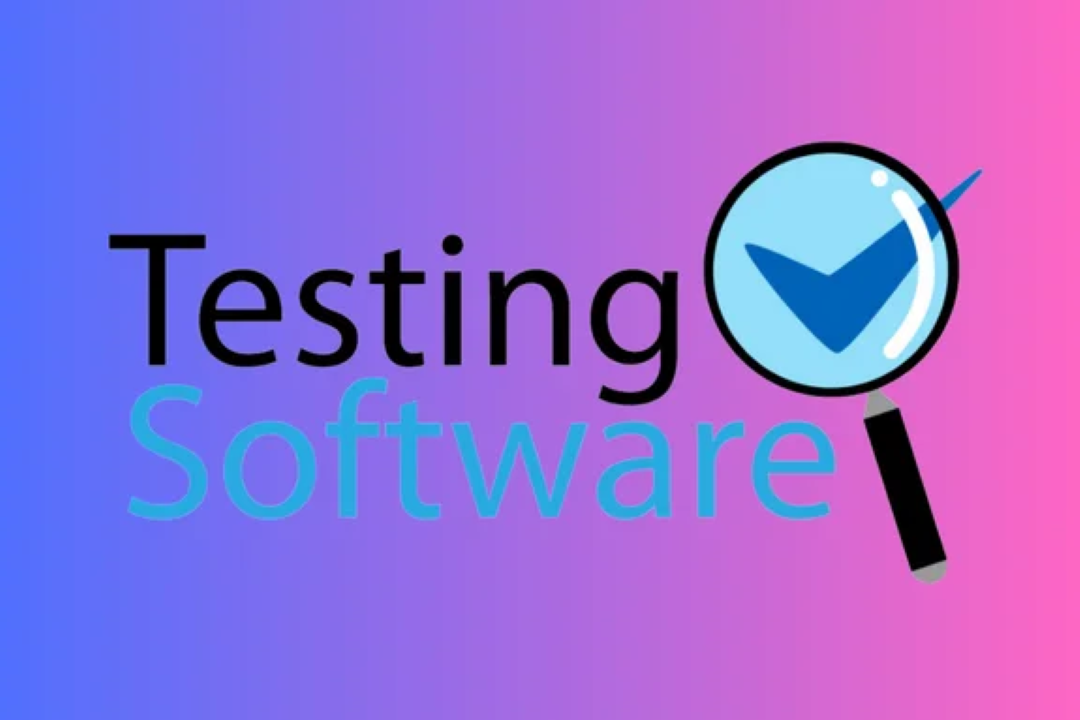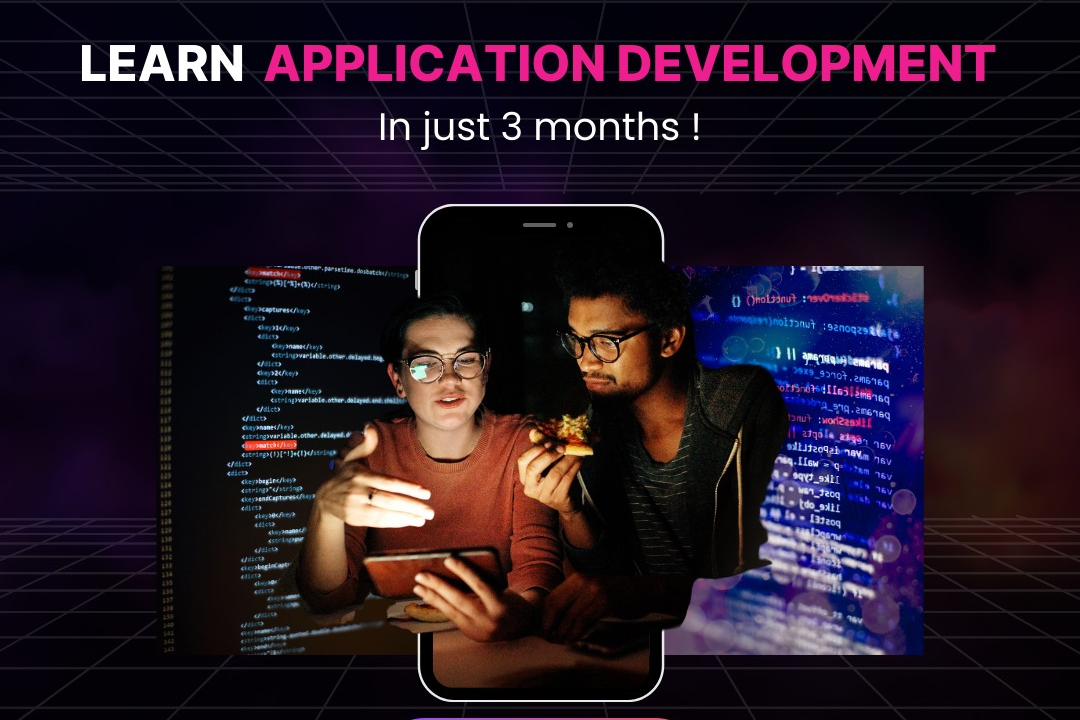React Native Best Ide
When developing mobile applications with React Native, choosing the best Integrated Development Envi
React Native Best Ide
When it comes to building mobile applications with React Native, Visual Studio Code is often considered the best IDE due to its powerful features and flexibility. It offers a lightweight design that doesn't compromise on functionality, providing tools like IntelliSense for code suggestions, integrated Git control, and a vast library of extensions tailored for React Native development. Its ability to support real-time collaboration and live reload features enhances productivity, allowing developers to see immediate changes in their applications. This combination of ease of use, customization options, and robust support for React Native makes Visual Studio Code an invaluable asset for developers aiming to create high-quality mobile apps efficiently.
To Download Our Brochure: https://www.justacademy.co/download-brochure-for-free
Message us for more information: +91 9987184296
When it comes to building mobile applications with React Native, Visual Studio Code is often considered the best IDE due to its powerful features and flexibility. It offers a lightweight design that doesn't compromise on functionality, providing tools like IntelliSense for code suggestions, integrated Git control, and a vast library of extensions tailored for React Native development. Its ability to support real time collaboration and live reload features enhances productivity, allowing developers to see immediate changes in their applications. This combination of ease of use, customization options, and robust support for React Native makes Visual Studio Code an invaluable asset for developers aiming to create high quality mobile apps efficiently.
Course Overview
The “React Native Best IDE” course is designed to equip participants with the essential skills and knowledge to select and utilize the most effective Integrated Development Environment (IDE) for React Native app development. Through a hands-on approach, learners will explore various IDEs, focusing particularly on Visual Studio Code, and understand its features, extensions, and tools that enhance productivity and streamline the development process. Participants will engage in real-time projects, allowing them to apply learned concepts, improve their coding efficiency, and ultimately create stunning, high-performance mobile applications. This course is perfect for developers at any level looking to enhance their development experience and make informed decisions about their IDE choices.
Course Description
The “React Native Best IDE” course offers a comprehensive exploration of essential Integrated Development Environments (IDEs) for React Native app development, with a particular emphasis on Visual Studio Code. Participants will discover how to leverage key features, extensions, and tools within these IDEs to enhance coding efficiency and streamline workflows. Through hands-on real-time projects, learners will apply their knowledge to build high-performance mobile applications, making this course ideal for developers seeking to optimize their development process and improve productivity across various stages of app development.
Key Features
1 - Comprehensive Tool Coverage: Provides hands-on training with a range of industry-standard testing tools, including Selenium, JIRA, LoadRunner, and TestRail.
2) Practical Exercises: Features real-world exercises and case studies to apply tools in various testing scenarios.
3) Interactive Learning: Includes interactive sessions with industry experts for personalized feedback and guidance.
4) Detailed Tutorials: Offers extensive tutorials and documentation on tool functionalities and best practices.
5) Advanced Techniques: Covers both fundamental and advanced techniques for using testing tools effectively.
6) Data Visualization: Integrates tools for visualizing test metrics and results, enhancing data interpretation and decision-making.
7) Tool Integration: Teaches how to integrate testing tools into the software development lifecycle for streamlined workflows.
8) Project-Based Learning: Focuses on project-based learning to build practical skills and create a portfolio of completed tasks.
9) Career Support: Provides resources and support for applying learned skills to real-world job scenarios, including resume building and interview preparation.
10) Up-to-Date Content: Ensures that course materials reflect the latest industry standards and tool updates.
Benefits of taking our course
Functional Tools
1 - Visual Studio Code (VS Code): Widely regarded as one of the best IDEs for React Native development, Visual Studio Code offers a robust and extensible environment. It features an integrated terminal, Git support, and a vast library of extensions tailored for React Native, enhancing productivity. The powerful IntelliSense feature provides smart code completions based on variable types and function definitions, which helps students write code faster and with fewer errors. Additionally, its built in debugging capabilities allow for efficient troubleshooting, making it an ideal choice for both beginners and experienced developers.
2) Atom: Atom is an open source text editor that allows students to customize their coding environment fully. It supports various plugins and themes that can significantly enhance the React Native development process. The collaborative editing feature is particularly beneficial for teamwork, enabling multiple users to work on the same file in real time. Atom's user friendly interface and straightforward navigation make it suitable for learners who are new to coding, while its powerful features cater to more advanced users as well.
3) React Native Debugger: This standalone app is essential for students looking to debug their React Native applications effectively. React Native Debugger provides a visual way to inspect and diagnose application issues, including view hierarchy, network requests, and performance bottlenecks. The debugger integrates seamlessly with Redux, allowing students to analyze application state changes in real time. Learning to utilize this tool enhances students' problem solving skills and gives them the confidence to identify and resolve issues within their code.
4) Expo: Expo offers students a streamlined way to build React Native applications without needing extensive setup. It provides a suite of tools that simplifies the development process, including a built in development server and an easy way to share apps with others for testing. By using Expo, learners can focus on writing code rather than configuring development environments. The over the air updates feature also allows developers to push updates directly to users without resubmitting to app stores, making their workflow more efficient.
5) Nuclide: Although it has been deprecated, Nuclide once served as a powerful IDE specifically tailored for React Native development. It offered built in support for debugging, smart code completion, and an integrated terminal. The course can provide insight into how these features functioned and encourage students to explore similar modern tools that have emerged. Understanding the evolution of development environments helps students appreciate technological advancements in IDEs and adapt to new tools more readily.
6) WebStorm: This commercial IDE from JetBrains is known for its powerful JavaScript support and intelligent code assistance features, specifically designed for frameworks like React Native. WebStorm offers advanced refactoring capabilities, unit testing, and seamless integration with popular version control systems. The user friendly interface, combined with its extensive features, makes it an excellent option for students aiming to harness coding efficiency. WebStorm's code insights help reduce common mistakes, and its responsive UI supports a smooth development experience, reinforcing the importance of choosing the right tools for effective coding.
These tools provide students with a solid foundation in React Native development, enhancing their coding skills, increasing productivity, and preparing them for real world application development scenarios in their future careers. Through hands on training with these IDEs, learners gain practical experience and a significant advantage in the job market.
Here are additional points and tools that can enhance the learning experience for students involved in React Native development:
7) Android Studio and Xcode: For students interested in mobile app development, familiarity with these integrated development environments is crucial. Android Studio provides robust features for developing Android applications, including an emulator for testing, a layout editor, and extensive debugging tools. Xcode is essential for iOS app development, offering an interface builder and tools for testing on iOS devices. Understanding both environments helps students learn the intricacies of mobile platform development and prepares them for a wider range of projects.
8) Redux DevTools: For students incorporating state management in their React Native applications using Redux, Redux DevTools is an invaluable asset. It allows developers to inspect every state change in their application and visualize changes in action. Learners can also time travel through state changes, making it easier to pinpoint issues and better understand the application's flow. Mastery of Redux DevTools can significantly enhance students' capabilities in managing application state effectively.
9) Postman: Although not exclusive to React Native, Postman is an essential tool for testing APIs that React Native applications often rely on. It provides an intuitive interface to send requests, inspect responses, and simulate various scenarios that the application may encounter. Teaching students how to utilize Postman for testing API endpoints can greatly enhance their backend integration skills, making their mobile applications more functional and responsive.
10) Jest: Testing is a crucial aspect of software development, and Jest is a widely adopted testing framework in the React ecosystem. Students will benefit from learning Jest as it allows them to write unit tests for their React Native components effectively. Understanding the importance of TDD (Test Driven Development) will help students produce more reliable and maintainable code, enhancing their readiness for real world projects.
11 - Flipper: Flipper is a platform for debugging mobile applications, specifically designed for React Native. It allows developers to visualize logs, view performance metrics, and inspect network requests. This tool is a great addition to a student's learning toolkit, providing them with advanced insights into application behavior and performance optimization techniques.
12) Snack: Snack is an online editor provided by Expo that allows students to write React Native code directly in their browsers without any installations. It's particularly useful for prototyping and sharing code snippets quickly. This standalone tool encourages experimentation, enabling learners to test functionalities or features without setting up an entire development environment, fostering a hands on learning approach.
13) React Native Navigation: Learning navigation solutions is essential for enhancing user experience in mobile applications. React Native Navigation provides a comprehensive solution for managing navigation in React Native apps. Students should explore how to implement various navigation patterns, including stack, tab, and drawer navigation, which will be beneficial in building intuitive and user friendly applications.
14) Firebase: As a powerful backend as a service platform, Firebase integrates seamlessly with React Native applications to offer features such as real time databases, authentication, and cloud storage. Understanding how to implement Firebase allows students to focus on frontend development while leveraging backend services easily. This knowledge can significantly streamline the app development process and engage students in practical, real world functionalities.
15) TypeScript: Encouraging students to learn TypeScript alongside React Native development enhances their coding practices. TypeScript adds static typing to JavaScript, which helps catch errors early in the development process and improves overall code quality. Familiarity with TypeScript prepares students for modern development practices, making them more competitive in the job market.
16) Git and Version Control Systems: Mastery of Git is vital for all developers, including those focusing on React Native. Teaching students how to effectively use version control systems equips them with skills to collaborate seamlessly on team projects, track changes in their codebase, and manage multiple project versions efficiently. Understanding Git workflow principles will enhance their professionalism and readiness for real world scenarios.
By integrating these additional tools and concepts into the curriculum, JustAcademy can equip students with a comprehensive skill set that prepares them for successful careers in mobile app development using React Native.
Browse our course links : https://www.justacademy.co/all-courses
To Join our FREE DEMO Session:
This information is sourced from JustAcademy
Contact Info:
Roshan Chaturvedi
Message us on Whatsapp: +91 9987184296
Email id: info@justacademy.co
Android App Development Course In Pimpri Chinchwad
Best Code Editor for React Native
Io.Appium.Java_client.Android.Androiddriver Does Not Have Type Parameter












